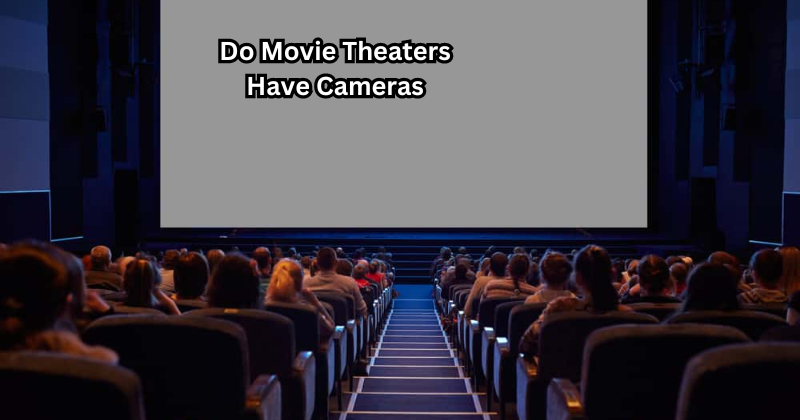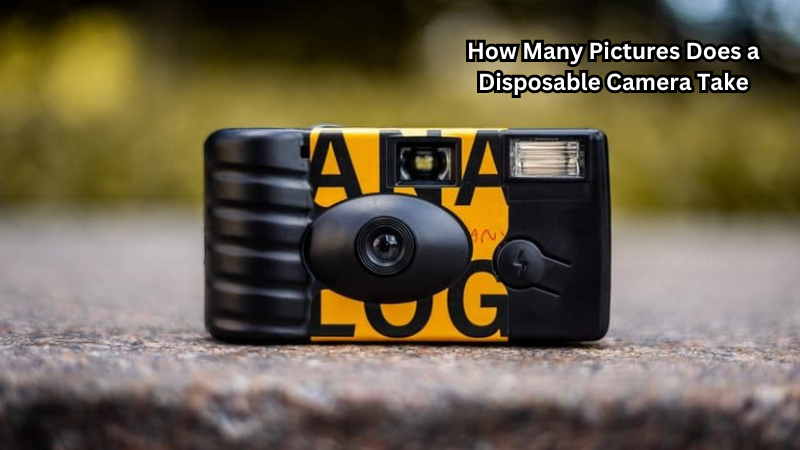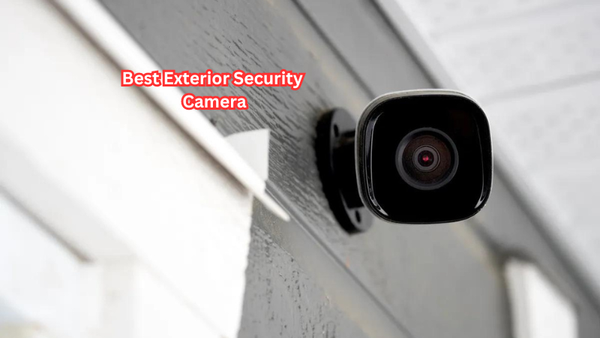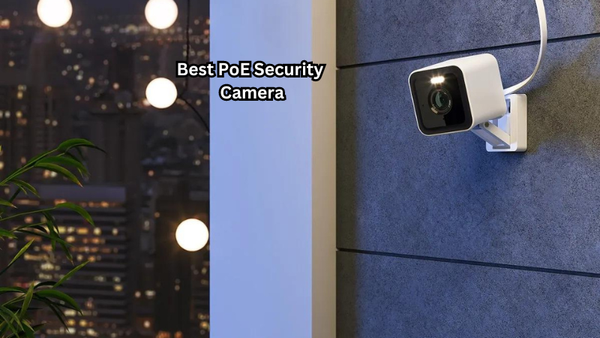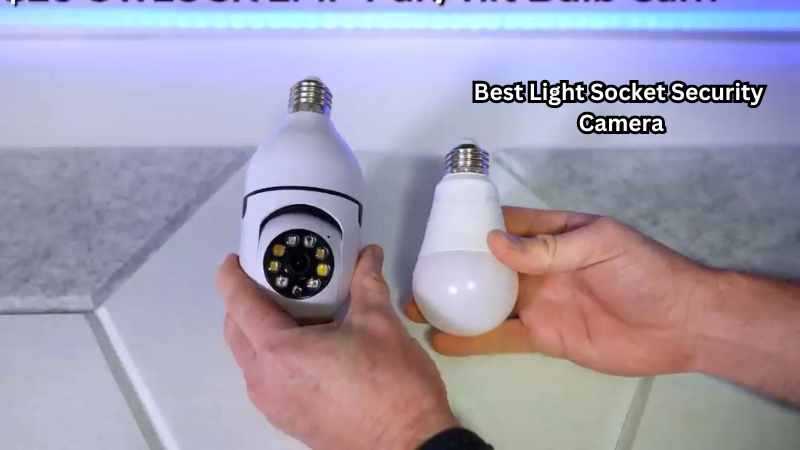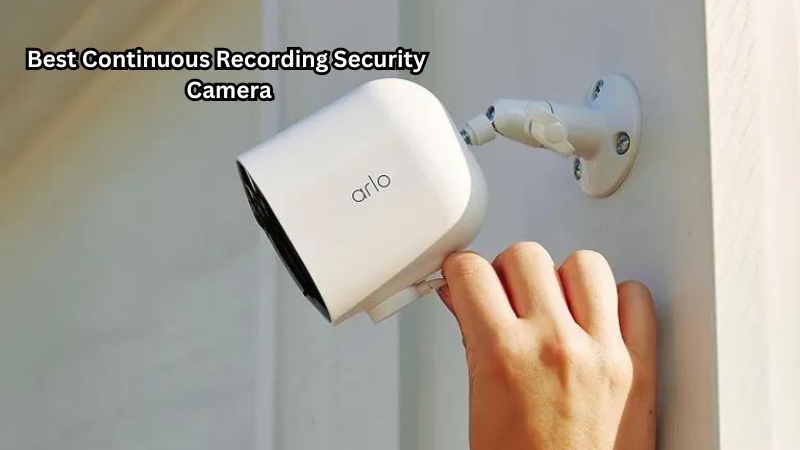Whether movie theaters have cameras is a common curiosity among moviegoers. As we settle into our seats to enjoy the latest blockbuster, it's natural to wonder if we're being watched.
Movie theaters often employ surveillance cameras to deter piracy, ensure safety, and prevent vandalism or other disruptions.
While cameras can enhance security, they also raise important questions about privacy. Understanding the balance between these factors can help us feel more informed and secure during our cinematic experiences.
This article delves into the reasons behind theater surveillance and its implications for both security and privacy.
Do All Movie Theaters Have Cameras?
The simple answer is no; not all movie theaters have cameras. The decision to install surveillance systems ultimately lies with the theater owners and managers. However, it is becoming increasingly common for movie theaters to utilize cameras as security measures.
Furthermore, cameras are not regulated or mandated by any governing body. This means that theater owners are free to choose whether or not they want to implement surveillance systems in their theaters.
Types of Cameras in Movie Theaters
Here are some of the most common types of security and surveillance cameras installed, which are likely to be visible or hidden.
Visible cameras can serve as a deterrent to potential criminals and disruptors. These cameras are typically placed in plain sight and may even be accompanied by warning signs indicating surveillance.
Hidden cameras, however, are often used for more covert purposes. They may be strategically placed in ticket booths or concession stands to monitor employee behavior and deter theft. Most movie theaters install cameras in both visible and hidden locations for maximum effectiveness. Theater management may also employ discrete spy cameras to catch any nefarious activity or disturbances.
Do Movie Theaters have Night Vision Cameras?
In addition to regular cameras, some movie theaters may also use night vision cameras. These specialized cameras are designed to capture clear images in low light or dark conditions. A night vision camera can be particularly helpful for monitoring outdoor areas such as parking lots or entrances.
Some movie theaters may also use thermal cameras, which can detect heat signatures and are useful in identifying potential intruders or suspicious activity. These cameras are often used in conjunction with regular CCTV cameras to provide a comprehensive security system. Infrared night vision cameras, which can capture images in complete darkness, are also sometimes used.
Why Do Movie Theaters Have Cameras?
There are several reasons why movie theaters may choose to install cameras. These include:
Deterrent for Piracy
One of the primary reasons for cameras in movie theaters is to prevent piracy. In an age where pirated copies of movies can be shared online within hours of their release, studios are highly concerned with protecting their intellectual property.
Cameras placed throughout the theater can catch any attempts at recording the movie on a phone or other device. This helps prevent illegal distribution and serves as a deterrent to potential pirates.
Ensuring Safety
Another crucial reason for camera surveillance in movie theaters is to ensure safety. With large crowds gathering in one place, it's important to have measures in place to monitor and manage any potential risks.
Cameras can help theater management keep an eye on the audience, as well as monitor for any suspicious or dangerous behavior that could jeopardize the safety of moviegoers.
Preventing Vandalism and Disruptions
Sadly, movie theaters are not immune to vandalism and disruptions. Cameras can help deter these types of incidents by providing evidence and identifying those responsible. This also helps protect the theater's property and maintain a peaceful experience for all patrons.
Parking Lot Safety
As mentioned earlier, some theaters may also have cameras in their parking lots. This is especially important for late-night showings when the parking lot may be dark and less populated. Cameras can help monitor for any suspicious activity or potential safety concerns in these areas.
Keeping Employees Honest
Hidden cameras in areas such as ticket booths and concession stands can also serve to keep employees honest. By monitoring their behavior, theater owners can ensure that all transactions are legitimate and prevent any potential theft or fraud. Active CCTV cameras can also help deter employees from engaging in any misconduct.
To Aid in Lost and Found Situations
Lastly, cameras can also be used to help locate lost items. If a patron misplaces something in the theater, footage from surveillance cameras can be reviewed to determine if anyone picked it up or where it may have been misplaced.
To Discourage Sexual Activities inside the Movie Theater
Unfortunately, movie theaters have also been known to be places where people engage in sexual activities. In these instances, cameras can help deter this behavior and potentially catch those involved.
Moreover, surveillance cameras can also play a role in identifying and preventing any criminal activity or harassment that may occur within the theater.
These are just some of the reasons why movie theaters may choose to install cameras. Ultimately, it serves as a way to protect both the theater and its patrons while also providing a sense of security for everyone involved.
Legal Considerations: Is It Legal For Movie Theaters To Have Cameras?
As with any use of surveillance cameras, there are legal considerations to take into account. In the United States, movie theaters are not specifically regulated when it comes to camera usage.
However, laws regarding privacy and consent still apply. This means that theater owners must inform patrons if they are being recorded in any way and cannot install cameras in private areas such as restrooms or changing rooms.
Additionally, some states have stricter laws when it comes to recording audio without consent. Therefore, it's essential for theater owners to be familiar with state-specific regulations before implementing any type of surveillance system.
Privacy Concerns of Movie Theater Cameras
Privacy concerns have been raised regarding the use of security cameras in public spaces, including movie theaters. Some argue that constant surveillance can be an invasion of privacy and make people feel uncomfortable.
To address these concerns, many theater owners display warnings indicating surveillance cameras are in use and ensure that cameras are only used for legitimate purposes such as theft prevention and safety monitoring.
If movie theater cameras monitored regularly to ensure privacy and only used for their intended purposes, they can help create a safer and more secure experience for all patrons. Basic video surveillance systems for movie theaters can be purchased online and installed relatively easily.
Weighing the Pros and Cons of Cameras In Movie Theaters
Overall, the use of cameras in movie theaters has its advantages and disadvantages. On the one hand, they can help prevent piracy, ensure safety and security, and aid in identifying perpetrators of any criminal activity. On the other hand, they may also raise privacy concerns for some patrons.
It's essential for theater owners to carefully consider their reasons for installing cameras and ensure that they are in compliance with all legal regulations. Additionally, clear communication with patrons about camera usage can help alleviate any concerns and maintain a positive movie-going experience for all.
FAQs
Can the cinema staff see you?
No, in most cases, cinema staff do not actively monitor the surveillance cameras. However, footage may be reviewed if an incident occurs or if it is necessary for security purposes. It's also important to note that movie theaters must comply with privacy laws and cannot use cameras to invade anyone's privacy.
How do connected cameras simultaneously enhance security in movie theaters?
Connected cameras in movie theaters can enhance security by providing a complete view of the entire theater, allowing for monitoring and detection of any suspicious activity. Additionally, connected cameras can also allow for real-time alerts to be sent to authorities in case of an emergency.
Does PVR have a night vision camera?
It is not specified if PVR (a popular movie theater chain in India) has night vision cameras installed in their theaters. However, many modern CCTV systems come equipped with night vision capabilities, so it's possible that some of PVR's theaters may have this feature.
Where are cameras usually placed in movie theaters, and why?
Cameras in movie theaters are strategically positioned to maximize security and surveillance effectiveness. Bullet cameras with external camera lenses are often placed at entrances, exits, and in the lobby to monitor audience movements.
Conclusion
In summary, movie theaters commonly use cameras such as bullet cameras and external camera lenses to enhance security and deter piracy. These cameras are strategically placed in areas like entrances, exits, and screening rooms, while connected cameras simultaneously monitor multiple locations for comprehensive coverage.
Although the presence of cameras raises privacy concerns, their primary goal is to ensure the safety and security of patrons. By understanding the reasons behind theater surveillance, moviegoers can enjoy their cinematic experience with greater peace of mind, knowing that measures are in place to protect them.
